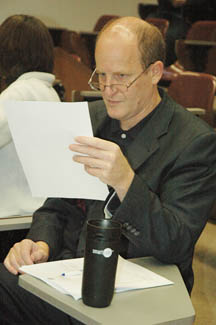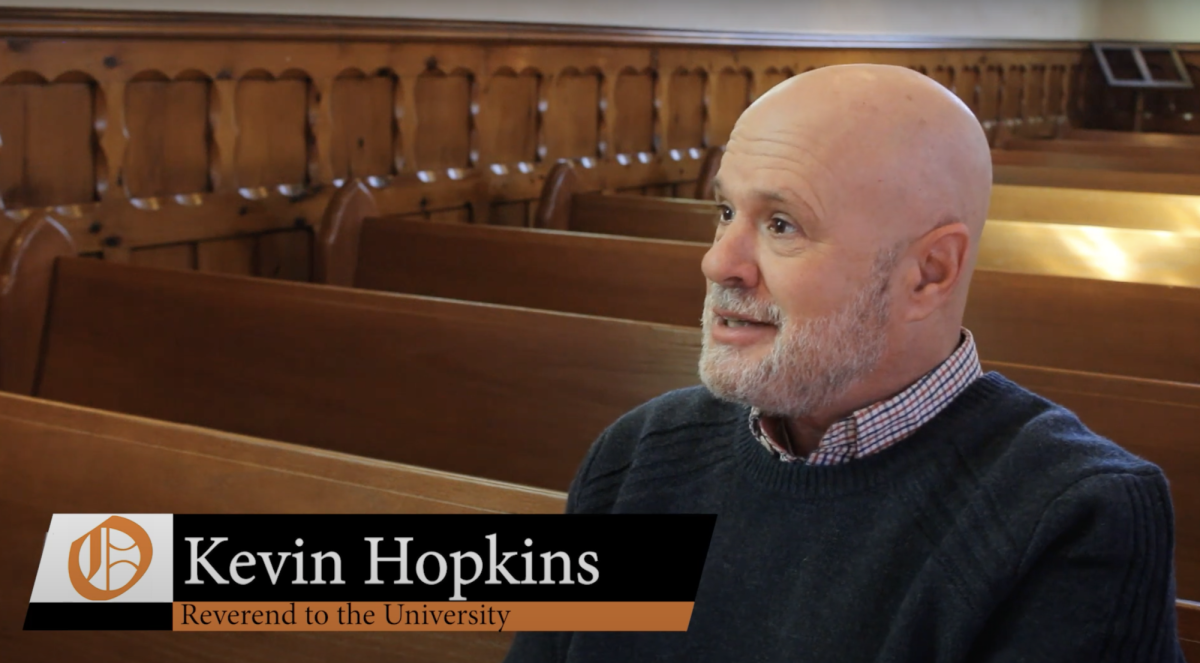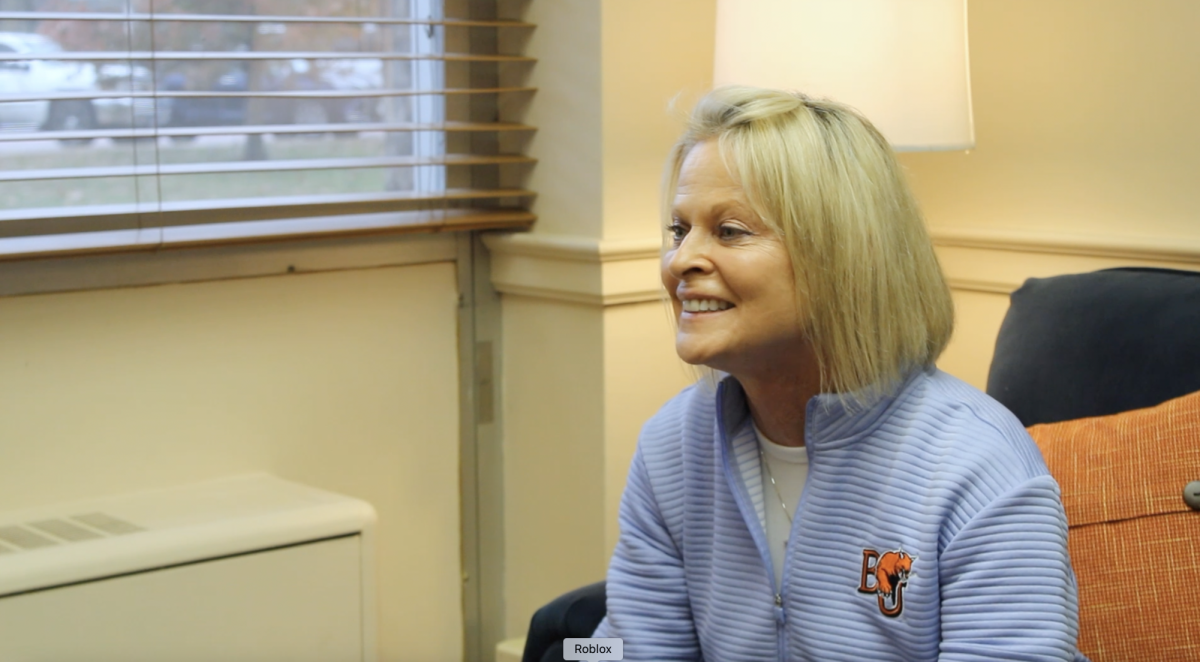Integrity, morals, honor and respect are words heard throughout most college careers.
To some, these are just words thrown in to first-day lectures about classroom expectations. For others, attending universities with an active honor code, these simple words have become ones students proudly choose to support.
“Baker does not have any student codes besides the handbook and (syllabi),” Mark Bandre, vice president for enrollment management and student development, said. “With an honor code, honesty, which was once enforced by faculty, now is done by students.”
Honor codes traditionally consist of a set of rules and guidelines created by a selected student body.
Guidelines provide distinct details of what is considered plagiarism or any form of academic misconduct. Following a review of the contents of the code, each student entering the institution must sign a document, agreeing he or she is willing to abide by the rules.
If a student is caught breaking the code, they will be brought before a body of his or her peers for a hearing.
After a motion was made at a December Baker University Faculty Senate meeting to create an honors code for Baker’s students, Academic Standards and Enrollment Management Committee, or ASEM, has moved forward in researching and trying to generate Baker student feedback.
Warren Swenson, Baker University Student Senate President, is the acting liaison between students and the faculty.
“As the student representative, (ASEM) wanted an avenue for students to communicate,” Swenson said. “I view my job as telling students, and seeing if they are interested. I believe an honor code could work, but it will take a lot of maturity and responsibility from students.”
Sharing from experience, Professor of Biology Darcy Russell taught at Washington and Lee University in Virginia. Working at an institution with an honor code in place since 1870, she knows first hand what this system can bring.
“I did not have to worry about cheating,” Russell said. “I could teach and not be a cop. It worked so students trusted one another and worked with integrity.”
Never having to worry about proctoring an exam, Russell views the benefits from an honor code run directly by the students. Every person holds the other accountable, but the only way to make the system function is to have student involvement.
“It is important these decisions are not ones that come from above, but from the students,” Russell said. “Honor must come from within.”








